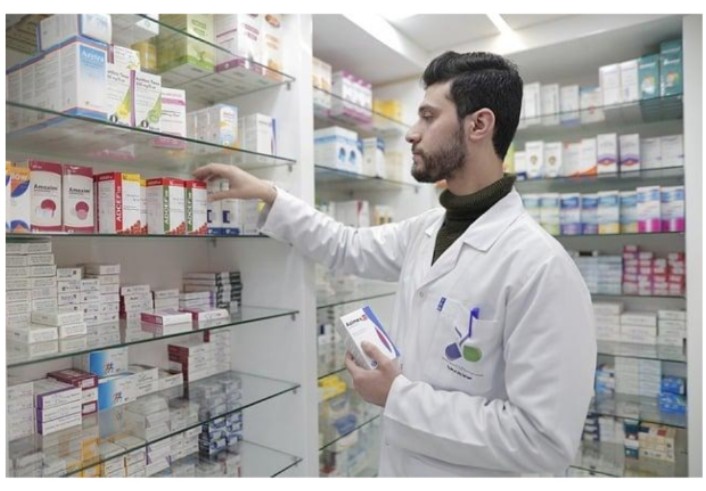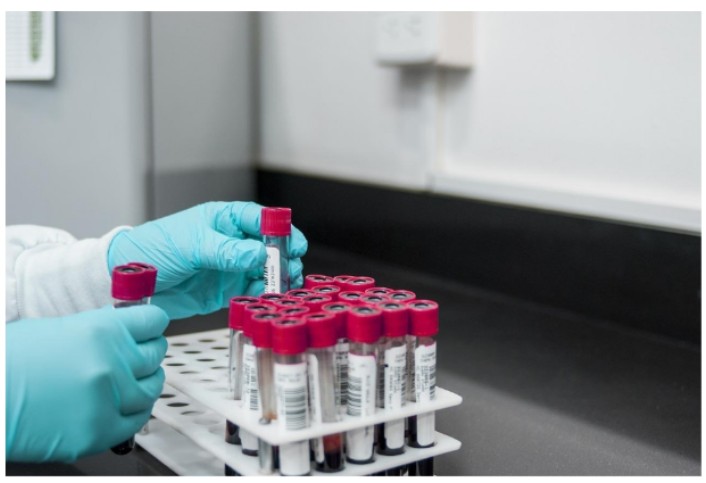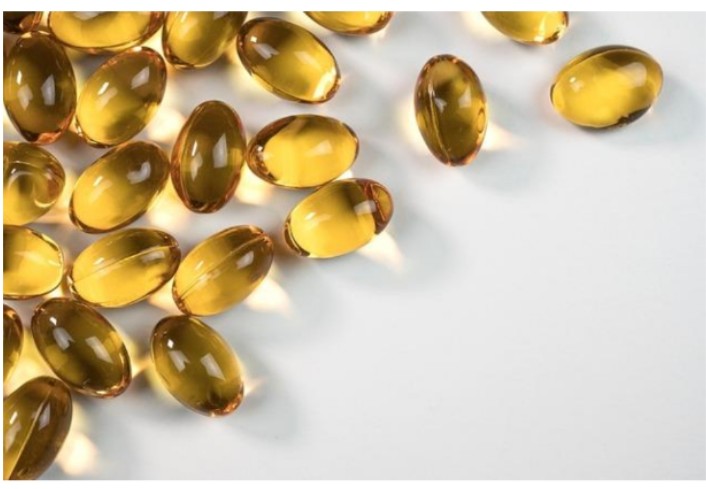Peptides are tiny versions of proteins that can provide a truckload of health and wellness benefits.
Like the proteins they constitute, peptides support healthy tissue development. They improve skin radiance and elasticity, thereby combating the stigmata of premature aging. Many peptides also boast anti-inflammatory and antioxidant properties.
Due to those benefits, peptide supplements have become popular recently. According to one study, peptide-containing dietary products can provide pro-aging support, suppress inflammatory flare-ups, and keep various chronic illnesses at bay.
However, the efficacy of a peptide supplement depends on its quality and vendor’s reputation. That underscores the significance of heightened caution while shopping for these products online.
Below is a guide on how to find high-quality peptides on the internet.

1. Check Online Reviews
Reading customer reviews is a good practice before buying anything from the internet. It’s particularly important when shopping for health and dietary products like peptides.
Naturally, the best place to buy peptides online will be instantly recognizable by heaps of positive reviews posted by previous clients. Pay attention to feedback touching on both product quality and customer experience.
Some reviewers will delve into intricate details like shipping and return policy, which are critical in determining a vendor’s after-sales support.
2. Prioritize Older Pharmacies
How long has a peptide pharmacy been in business?
While industry presence isn’t always an indication of legitimacy (some unscrupulous websites have been scamming people for decades), you want to be wary of months-old pharmacies. Instead, prioritize outlets that have been around for at least five years.
A longer industry presence provides a more accurate perspective of a company’s credibility. If a peptide pharmacy has been defrauding unsuspecting shoppers for years, it’s a lot easier to find feedback to that effect.

3. Have a Prescription
Between 2016 and 2022, the Food and Drug Administration (FDA) approved a total of 26 peptides to be used in treating various conditions, from microbial infections to lifestyle diseases. That brought the total number of peptides approved during the same timeframe to 315.
However, the FDA discourages buying peptide hormones over the counter (OTC) or as a dietary supplement. According to the regulator, such products should only be purchased with a doctor’s prescription.
While the FDA’s restrictions on over-the-counter peptide hormones might sound quite stringent, they ensure unscrupulous pharmacies don’t sell these products to every Tom, Dick, and Harry.
The insistence on a doctor’s prescription may also help you gauge a peptide vendor’s reputation. Avoid pharmacies that are quick to sell to you without asking tough questions.
4. Insist On Pharmaceutical-Grade Ingredients
It’s not unusual to find a peptide supplement formulated with fewer actual peptides and more synthetic additives. Not only can artificial ingredients reduce the purity and efficacy of peptide supplements. They may also trigger a slew of short- and long-term side effects.
Ideally, peptide supplements should be high in natural protein sources, particularly plant-based proteins like soy. The products should also preferably contain natural antioxidants, such as vitamin C, Hyaluronic acids, and niacinamide.
Shun peptides are laced with harmful additives, including fillers, artificial sweeteners, and preservatives.
Similarly, it’s important to consider your health condition before picking a peptide supplement. Certain ingredients will suit you better if you have allergies and intolerances. For instance, you should consider non-whey peptides if you’re intolerant to whey protein.
5. Demand for Lab-Testing Reports
Peptide supplements must undergo extensive lab testing to establish the safety and efficacy of their active ingredients. Such tests may also investigate the potential adverse effects of peptide-containing products, including sterility risks.
Be sure to see proof of lab testing before ordering peptide supplements online.
More importantly, the screening should be conducted by independent laboratories, not those affiliated with the vending pharmacy.

6. Beware Of Counterfeits
Counterfeiting involves the unauthorized use of another entity’s trademark. This malicious practice has been the bane of the food and pharmaceutical industries for years.
Perhaps we should point out that not all counterfeited peptides are inherently harmful. However, since these products are unregulated, they can pose severe long-term risks to users.
The surest way to avoid peptide imitations is to insist on products approved by the FDA or other reputable regulators. It’s even more reassuring if the pharmacy itself is FDA-registered.
7. Choose Personalized Formulations
Peptide dosages can vary significantly from one person to another. While some publications recommend 110 μg for every 150 pounds of body weight, the dose/weight formula may not hold in all circumstances.
First, consider a peptide store whose products bear dosage guidelines. This way, you know the pharmacy is concerned about your wellness and safety, as opposed to simply pushing its products to you.
Besides, choose products whose dosage instructions take several factors into account.
Don’t just settle for a pharmacy that recommends x dosageof peptides per n pounds of body weight. The store should also highlight aspects that affect actual peptide dosages, such as age, metabolic weight, and frequency of use.

Wrap Up
While peptides boast a host of health benefits, the efficacy of peptide supplements depends on the product’s core ingredients and the brand behind it. The worst mistake you can make when shopping for peptides online is to take a vendor’s word.
Sure, you’ll encounter multiple stores that deal in high-quality peptide supplements. However, there are equally scammers out to defraud unsuspecting shoppers.
Your best bet is to rely on the above tips while scouting for peptides online.





